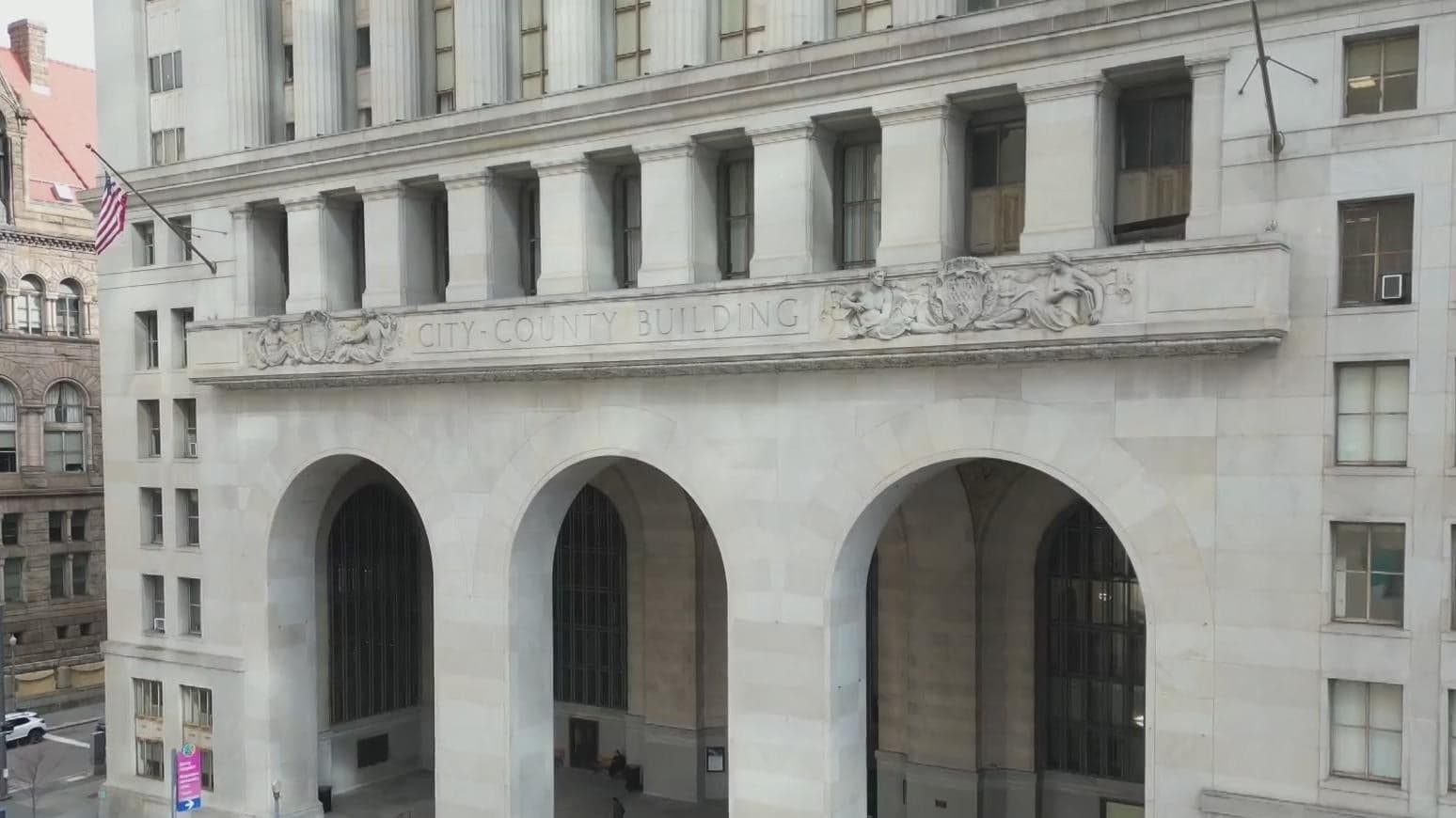Pittsburgh May Face First City Tax Increase in Twelve Years
CBS News reported on November 17, 2025 that Pittsburgh officials are considering a municipal tax increase, a move that would mark the first such rise since 2013. The proposal matters because it could reshape city finances, affect household budgets and business planning, and force a public debate about priorities and accountability.

CBS News reported on November 17 that Pittsburgh is weighing a municipal tax increase, a development that would break a twelve year stretch without a rate rise. City leaders have signaled that they are evaluating revenue options to meet fiscal demands, and the possibility of a new levy or higher existing rates has put budget priorities and democratic oversight at the forefront of local discussion.
A tax increase at the municipal level would have immediate practical implications. Local revenues fund basic services including public safety, sanitation, parks and infrastructure maintenance. For residents and small businesses operating on narrow margins, even modest rate adjustments can change household budgets and investment decisions. For policymakers the challenge is to balance revenue needs against the political and economic consequences of raising taxes in a city still managing post pandemic recovery and broader economic pressures.
The procedural path for any increase will pass through established institutional channels. Typically city revenue proposals undergo review by the municipal budget office, public hearings before the city council, an ordinance vote and, in some cases, state oversight if particular taxes are subject to state law. That process presents multiple points for scrutiny, from the technical assumptions behind revenue estimates to the distributional impacts across neighborhoods and income groups. Transparency about those assumptions will be critical if elected officials expect public support.
Policy trade offs are central to the debate. Municipal officials can raise different types of revenue each with distinct consequences. Property levies tend to be more stable but burden homeowners and long term residents. Consumption or sales related measures can be regressive, affecting lower income families proportionally more. Payroll and earned income taxes shift costs toward workers and can influence employment decisions and commuter patterns. Absent firm details from officials, the public and oversight organizations must press for a clear accounting of who would pay more, how much additional revenue would be generated and what services or liabilities those funds would address.
Institutional context matters. Pittsburgh has not raised municipal rates since 2013, which means voters and ratepayers have limited recent experience with the political framing and administrative mechanics of a city tax increase. That precedent will shape both the messaging of proponents and the organizing of opponents. Local civic groups, neighborhood associations and business chambers are likely to mobilize as details emerge, and council members will face heightened scrutiny from constituents concerned about affordability and municipal performance.
Greater public engagement will be essential. Tax decisions are consequential and technical, and they require clear fiscal projections, independent analysis and meaningful opportunities for community input. For elected officials the test will be whether they can demonstrate a convincing nexus between new revenue and measurable improvements in services, long term fiscal stability and equitable outcomes across the city. For residents the moment is an invitation to hold institutions accountable and demand transparent evidence before consenting to a change that will affect household finances and the city economy.

